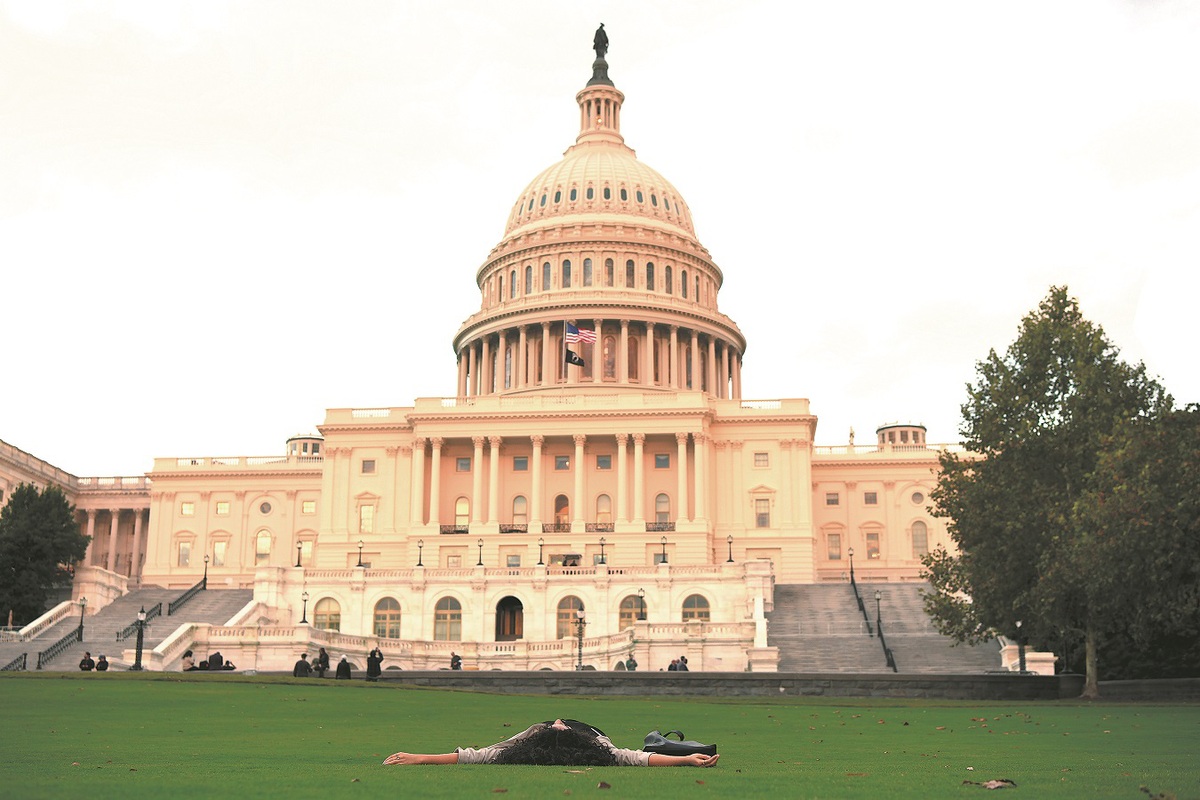US federal workers turn to food banks to survive
Shutdown taking heavy financial, personal toll nationwide


Glimmer of hope
Those warnings of political erosion are mirrored in the current deadlock in Washington. Negotiations between the parties remain stalled. The Senate adjourned on Oct 30 and reconvened on Nov 3, extending the shutdown to at least 34 days — tying the record for the longest in US history, set in 2018 during President Trump's first term.
The first glimmer of hope about ending the shutdown was seen in the US Capitol on Monday, as leading Senate Republicans and Democrats talked of a possible "off-ramp" to the disruption.
"I'm optimistic," Senate Majority Leader John Thune, a Republican, told reporters when asked about prospects for ending the government shutdown, Reuters reported.
"Based on, sort of, my gut of how these things operate, I think we're getting close to an off-ramp here," Thune said.
The No 2 Senate Democrat, Dick Durbin of Illinois, said, "I sense that, too." But he quickly added: "We're still stuck with this premise of what we're going to do about healthcare costs."
Pacitti's analysis of a fraying political system and widening inequality felt far removed from the church line in Queens. Yet for those waiting for food, his words rang true: the cost of Washington's stalemate was being paid most dearly by those with the least to spare.
Back in Queens, Jacquelin who refused to identify herself waited quietly in line in her black wool coat.
She said she didn't know how long the shutdown would last. "I've called Trader Joe's (grocery stores) and places … No one is doing anything about it yet," she said. "I'm grateful that this is the start of something to help people."
























